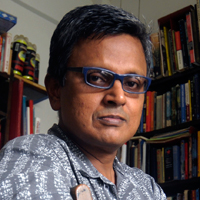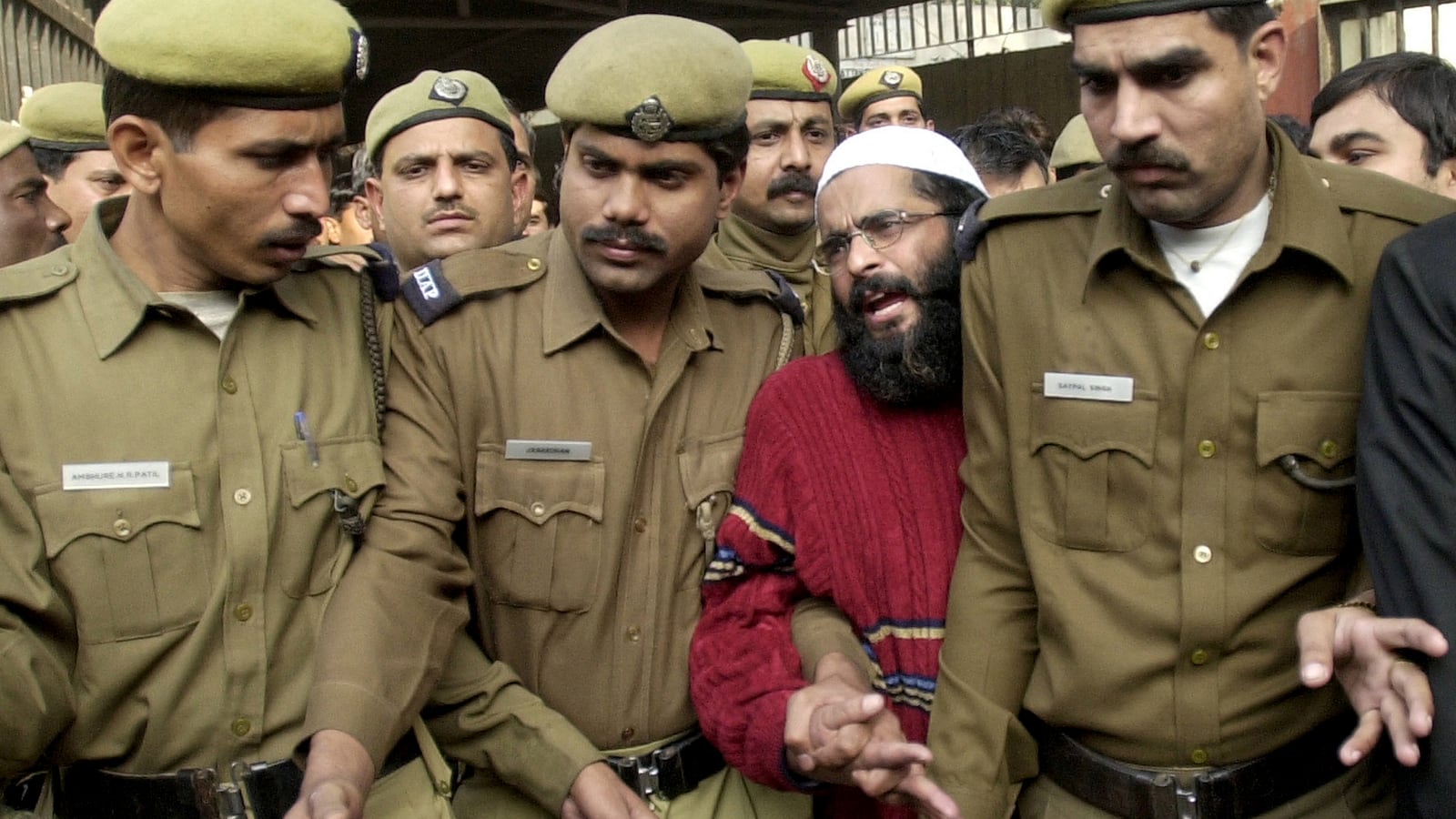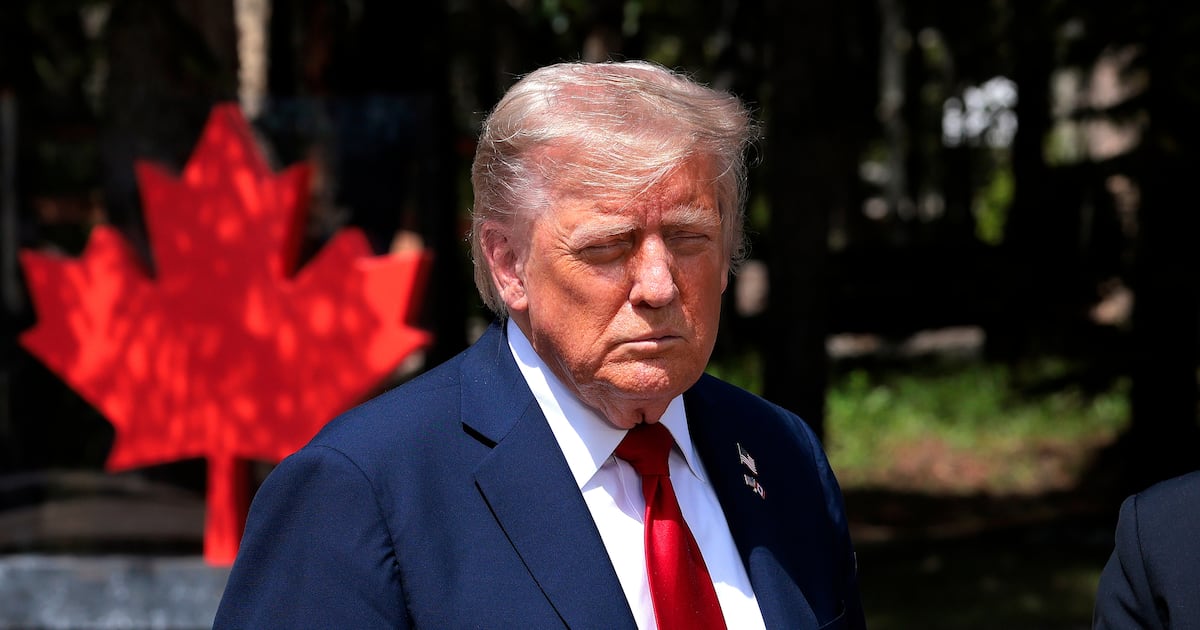My government decides to execute a man who was condemned to death some years ago. My government has a fuzzy impression that perhaps his family should be informed. So my government writes a letter to them—they live in a town in Kashmir—seals it and hands it to its own postal service to deliver.

Wonder of wonders, it is delivered. Just over 48 hours after he is executed.
My newspaper carried comments, made the day the letter reached the family, from the Chief Postmaster General in Kashmir, one John Samuel, and they make eye-opening reading. The letter was dispatched from Delhi by "speed post"—in which you pay much more money for not much faster delivery times—and reached the main post office in Srinagar, capital of the state of Kashmir, the afternoon of February 9, which was already some hours after he was hanged that morning. Samuel is quoted: "The speed post for Srinagar is delivered that very day, but for other districts, it goes the next day. The next day was a Sunday and there was a curfew. But when we found out what the letter was, we made special arrangements to get it delivered"—right here, perhaps you think Samuel will say "the same day"?—"this [Monday] morning."
A callous and utterly botched effort, but even if just a sidelight to this execution, it fits the execution like a favorite glove.
Afzal Guru, as he was popularly known, was the surviving principal accused in the audacious attack on India's Parliament on December 13, 2001. But he wasn't part of the actual attack. That day, five men drove a car into the Parliament complex and started firing. All were killed in the ensuing gun battle, along with a gardener and eight security staffers. Afzal was arrested just two days later and charged with conspiring in the attack. He was tried, found guilty in 2005, and sentenced to die.
In the years since, as he went through the process of appeals and reviews, he became a lightning rod for Indian wrangling over terrorism. One whole shade of opinion, opposed to the death penalty, argued that his sentence should be commuted to life. Many others pointed out that his trial itself was flawed in many respects. In suggesting all this, these folks went up against another whole shade of opinion that wanted Afzal executed right away, perhaps even in public. Every day he was alive, this shade believed, was more proof of the government's weakness, its softness toward terrorism. The government, they shouted whenever and wherever possible, lacked the guts—the balls, why not?—to execute Afzal.
Predictably then, if oddly too, this man's very existence had become a test of Indian virility.
Now I happen to believe India is soft on terrorism, but I'll return to that. There are questions about Afzal and his trial that many people believe were never adequately answered. There was his status as a "surrendered militant," therefore nurtured by paramilitary forces in Kashmir. There were discrepancies in accounts of his arrest. There were doubts about the extent of his involvement in the attack itself. There were concerns about the quality of his legal representation. Writers more knowledgeable about the case than I am have concluded that "a man was hanged who was not guilty beyond reasonable doubt". (Though let's note that other writers have addressed some of these concerns.

Still, there were enough questions that the Supreme Court judges who upheld Afzal's death sentence themselves took note. For example: "All these lapses and violations of procedural safeguards," they wrote, "impel us to hold that it is not safe to act on the alleged confessional statement of Afzal and place reliance on this item of evidence on which the prosecution places heavy reliance."
Still, the judges upheld his death sentence anyway. One short passage (just 10 sentences) in their judgment spells out their reasoning for doing so. Smack in the middle of the passage, we find this: "[T]he collective conscience of the society will only be satisfied if the capital punishment is awarded to the offender."
Leave aside every other question. This one sentence, by itself, is deeply and profoundly troubling.
For one thing, who determines this collective conscience? Plenty of Indians want capital punishment taken off the books. Plenty more are not convinced that Afzal was guilty beyond reasonable doubt. Do their consciences figure in this supposed collective?
But more important, we hardly expect judges to decide cases based on the "collective conscience of the society." The process of justice itself implies a careful, deliberate consideration of evidence and the law. Nothing more, nothing less. If we instead allow justice to pay attention to a society's "conscience," we might as well dispense with our courts and let mobs hand out instant, and thus intrinsically perverted, punishment.
We who were disturbed by this sentence found all manner of caveats flung at us. "It is an obiter dictum," somebody said to me, apparently thinking that Latin would persuade me. "You have to read it in context", somebody else said to me. All I can say is, I've read it in context—indeed, I've read the entire judgment—several times. No context makes that remark palatable.
And in a real sense, this is why I believe this is a country soft on terrorism. After all, the worst acts of terrorism we've seen in India have gone nearly unpunished. Three thousand Indians were slaughtered in Delhi in 1984, thousands more were slaughtered in Mumbai in 1992–93 and Gujarat in 2002. The great majority of those horrible crimes remain untouched by the law; arguably because plenty of Indians don't want them so touched. Arguably because the same "collective conscience" doesn't want these crimes punished.
It's simple. When you pay attention to a "collective conscience" instead of focusing tightly on justice, you lose justice.
You may even lose that conscience. Softness, right there.






